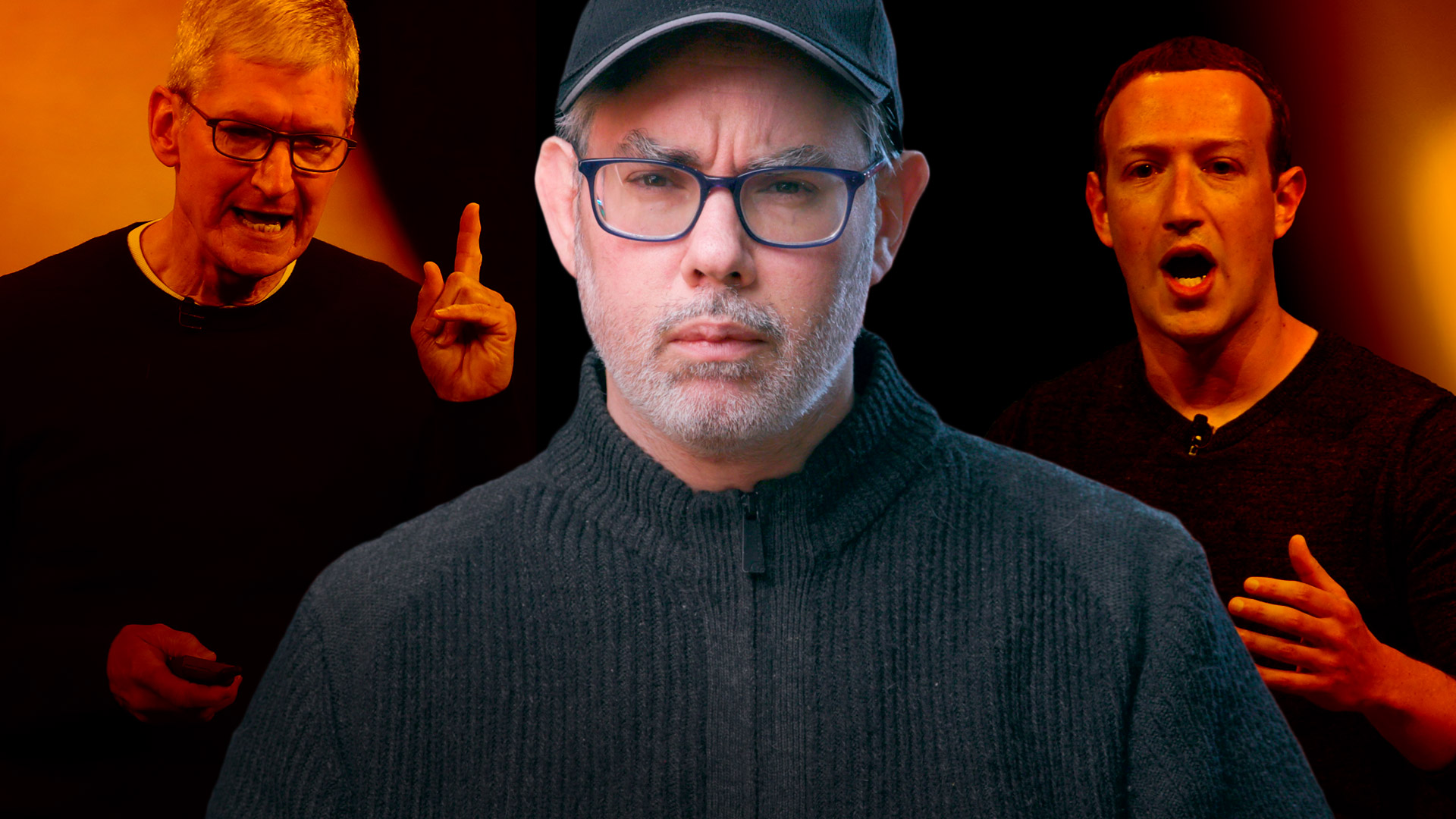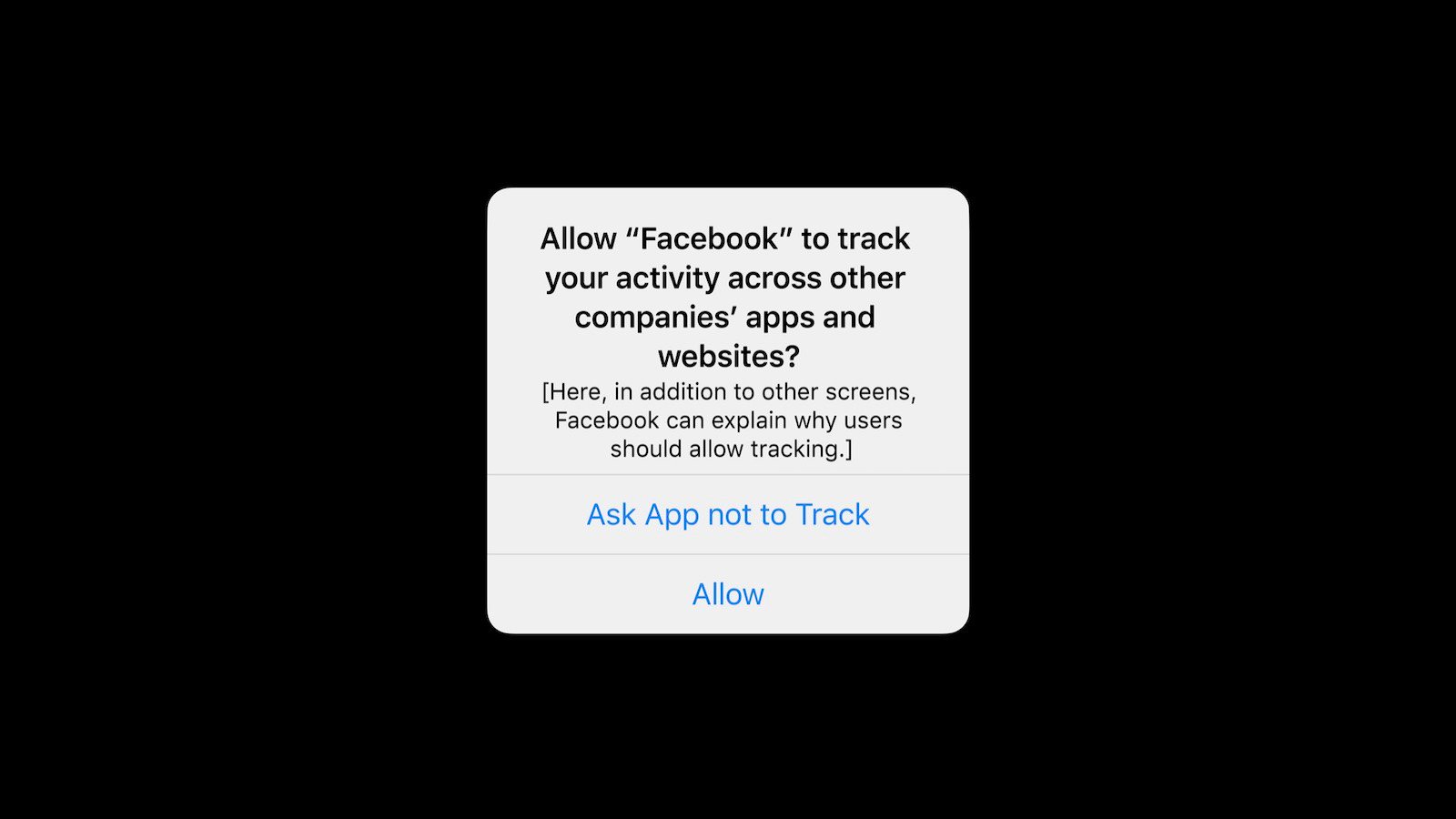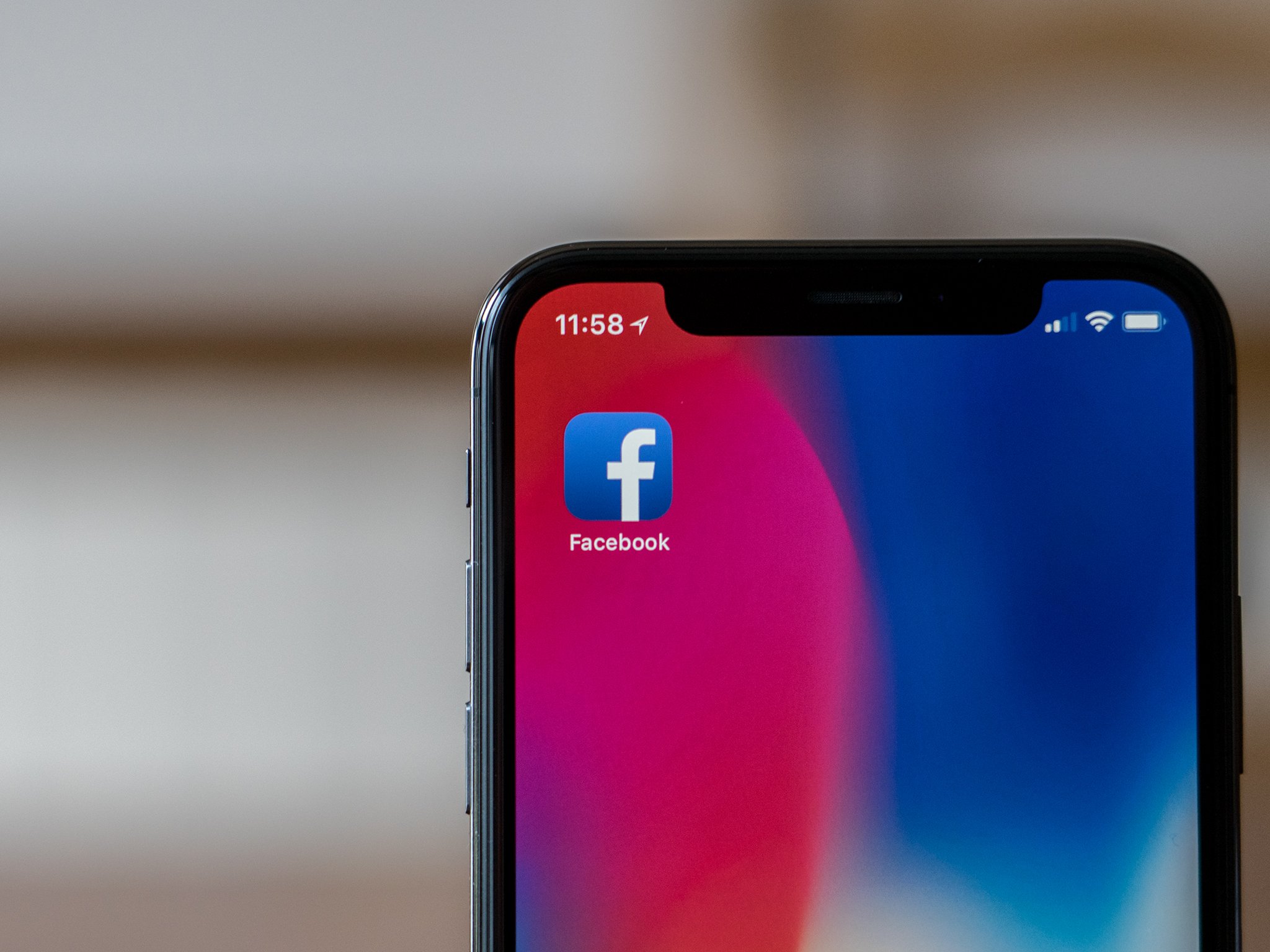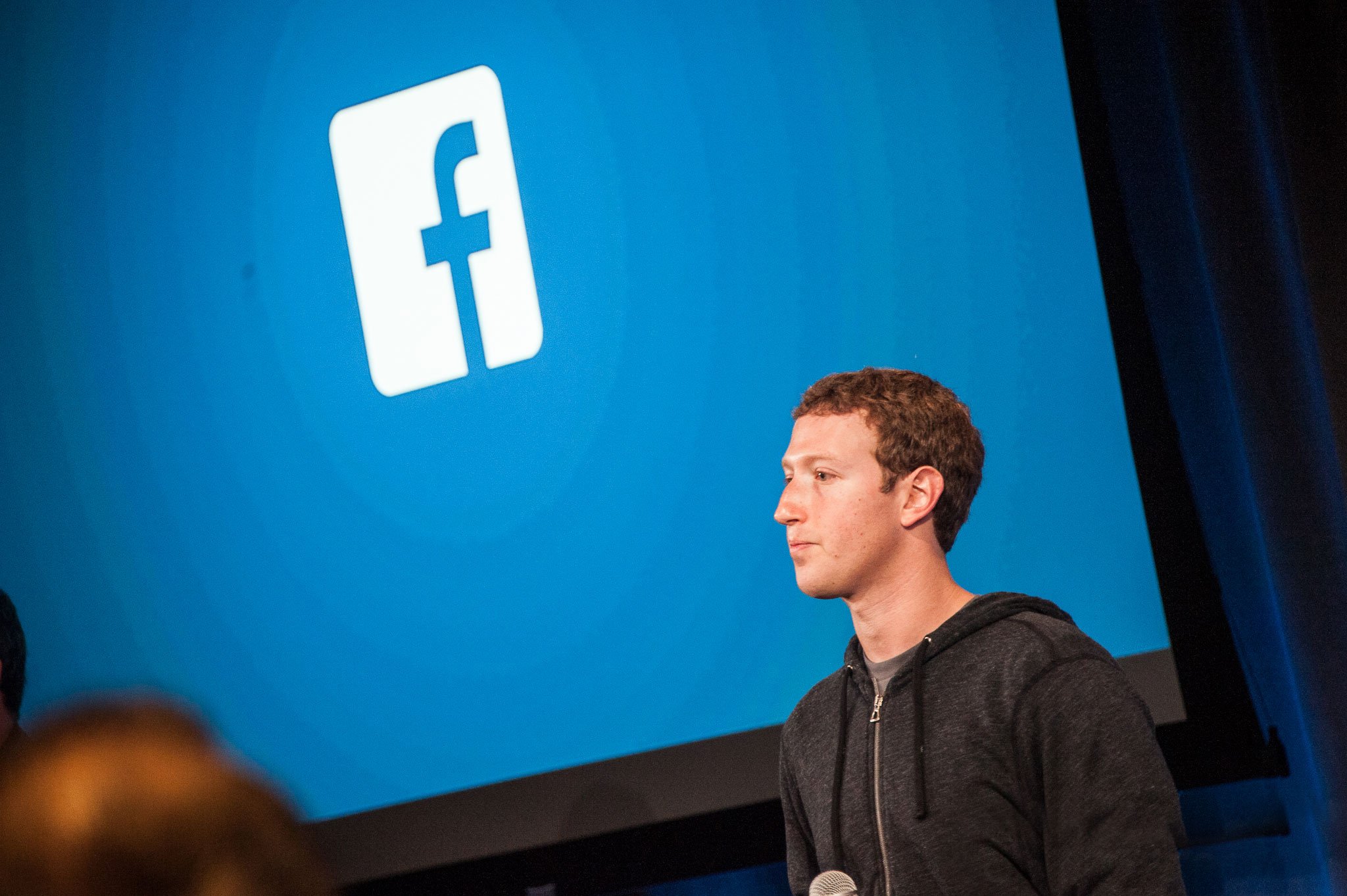Apple wants to protect privacy — Facebook wants to 'inflict pain'

Facebook, Mark Zuckerberg, literally wants to inflict pain on Apple, on Tim Cook. To make them hurt. To lobby the government against them, to claim anti-trust, to do everything they can to paint Apple dirty. Why? Because Apple wants to give us, the customers, the users, the ability to choose whether or not Facebook gets to track us outside their own apps, across other apps, even across the web. Apple considers this simple level of privacy and dignity a fundamental human right. And… Facebook… well, Facebook seems intent on seeing it as an existential threat.
App Tracking Transparency
Starting in iOS 14.5, if an app wants to track your activities in other apps and on the web — well, it absolutely still can; it just has to ask your permission first. That's it.
It's called App Tracking Transparency, and it means that, if you're in the Facebook app, and you're in your favorite knitting group or whatever, talking about all the knitting, all the knitting, Facebook can serve you personalized ads about knitting, because they know you're more likely to click on that than on… something random. And that's all fine. That's all 1st-party, meaning all happening in the same app, and nothing about that is changing. Not at all.
If you leave the Facebook app, and then go to Lego.com and then jeep.com, open a journaling app, your to-do list, play a couple of games, and then go back to Facebook, well, normally, Facebook tries to follow you across all those apps and websites as well, across anything that uses any of their software plugins or social hooks, so that they can serve you ads based on what you do in those apps and sites as well. And this is what's changing, at least a very tiny little bit. This 3rd-party tracking. And all that's changing is that Apple wants Facebook — or any app for that matter — to ask your permission before tracking you. That's literally it.
Any app that wants to share your data with another app or service, or sell your activity to a data broker, can still do it. They simply have to ask you first.
1st vs. 3rd Party Tracking

It doesn't even apply to other apps the same company owns. So Facebook can still 1st party track us across the big blue app and Facebook.com, Instagram, WhatsApp, Oculus, Messenger, any other app or website they own. Which is like half the social web at this point. It's only if they want to track us across apps and websites they don't own that they have to ask.
It's no different than what other apps have had to ask before they access our photos or contacts or camera, or our physical location; all this means is that they now have to ask us before they can monitor our digital location as well.
Master your iPhone in minutes
iMore offers spot-on advice and guidance from our team of experts, with decades of Apple device experience to lean on. Learn more with iMore!
Because, just like we're concerned an app might steal our private photos, spam our contacts, listen in or spy on us with the camera or mic, or stalk us and sell our location in the real world, we're increasingly concerned about apps stalking us in the digital world.
It's why we see so many conspiracy theories about apps like Facebook or Instagram using the mic to listen in to our conversations — because they're so damn good at serving us targeted ads that we think they must be all up in our brainstems to do it.
But they're not. They're just… that… damn… good… That damn good at profiling us based on our behavior so they can target us with those ads. And again, Apple isn't saying they can't do that anymore, that they can't track our digital activity. Just like Apple isn't saying, apps can't edit our photos or find our friends or transmit our voices or faces across the internet or give us turn-by-turn traffic directions. All Apple's saying is… like with all those other apps — they simply have to ask us first.
Some people will be fine with it. We're getting the ads anyway, so they may prefer those ads be as personalized as possible. Others won't. They'll find it creepy and demand it stop. And now, for the first time, we'll all get what we want.
Except for Facebook, which seems to think giving us a choice is wrong. Probably because they're worried if we're given a choice, we'll choose to block them. To say no.
Make the case

Rather than making a case for us to say yes, to argue the value they can deliver, Facebook is taking out ads in newspapers, lobbying governments, claiming anti-trust violations, saying this will hurt small apps and small business — as if any of them, from the biggest tech companies to the smallest online merchants own our data and have a greater right to it than we do. As if it belongs to them, not us. By divine right.
Now, some people are confusing and conflating how App Tracking Transparency applies to Apple's own apps. Intentionally or accidentally spreading disinformation about Apple having a double standard, not playing fair, giving themselves a separate setting. And… they're actually right. But not really. Apple's standard here isn't double — it's higher.
That separate setting doesn't stop Apple from doing 3rd-party tracking or serving personalized ads based on your activity elsewhere because Apple doesn't do that… at all… to begin with. Not any of it. What that second setting does is stop Apple from serving 1st-party ads. Like, suggested apps in the App Store. The equivalent of Facebook serving you that knitting ad while you're in the Facebook knitting group.
And that's the reason it's a second, separate setting. Because it's legacy, but also because the new one applies to all apps. The old one, sadly, at this point, only to Apple. And conflating 3rd and 1st party tracking in the same interface panel — well, that's what would be really confusing.
Other people are saying the wording on the popup is unfair. That "Allow Facebook to Track Your Activities Across Other companies Apps and Websites" is scary and chilling. That it should be something closer to "Allow Facebook to Serve You Personalized Ads."
Which is such a steaming pile of poop emojis. And everyone knows it. Because personalizing ads isn't all they can do with that permission. It's not all they can do with the access, far from it. And everyone knows that as well. It's like… a giant Facebook Thirst Trap, and they think we're all going to fall for it.
Asked and answered

See, Photo apps don't get to ask for permission to apply filters, contacts apps to find friends, conferencing apps to place video calls, location services for turn-by-turn. They have to ask for full access. For blanket permissions. Because that's what they get. And once they have it, they can steal our photos, spam our contacts, record what we're doing, or sell our location to collection agents because that's the access we've given them. So they don't get to lie about the limitations, cherry-pick the most benign use cases, diminish or try and dismiss the very real risk of an app not just serving us personalized ads but selling our online activity to data brokers. We get to know the full scope, so we get to make the most informed decision.
Even then, Apple's not stopping any of that anyway. All they're doing is requiring Facebook and any other app to ask us first and then to respect our decision.
Apple can't stop all of it anyway. All they can do is block the iOS-specific ad identifier. Not all of Facebook or any other service's software plugins or web hooks. All they can do is hope Facebook and others honor our choice and cut that stuff out — out of their own accord. Based on the honor system.
Even that — the honor system — seems to be too much for Facebook. Because it's not ending Facebook or any small apps or businesses, like at all. That's absurd. They're too busy doing that themselves with Cambridge Analytica, Onavo VPN, algorithmic malfeasance, betraying WhatsApp and Oculus login promises, and the list goes on and on. If anything, Apple is prompting them to clean up their act. Encouraging them to do the most minimally decent, user-centric thing imaginable so they can start regaining our trust.

Rene Ritchie is one of the most respected Apple analysts in the business, reaching a combined audience of over 40 million readers a month. His YouTube channel, Vector, has over 90 thousand subscribers and 14 million views and his podcasts, including Debug, have been downloaded over 20 million times. He also regularly co-hosts MacBreak Weekly for the TWiT network and co-hosted CES Live! and Talk Mobile. Based in Montreal, Rene is a former director of product marketing, web developer, and graphic designer. He's authored several books and appeared on numerous television and radio segments to discuss Apple and the technology industry. When not working, he likes to cook, grapple, and spend time with his friends and family.
